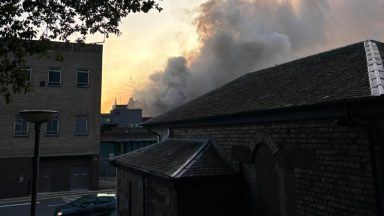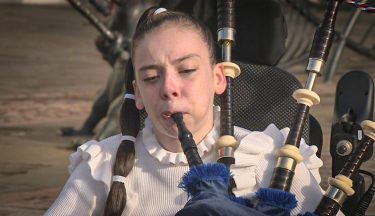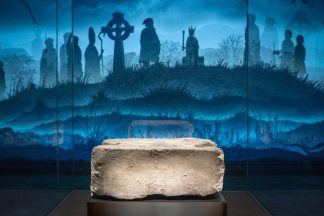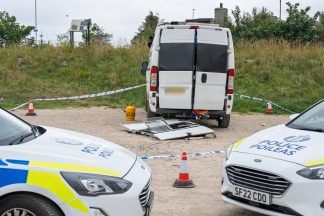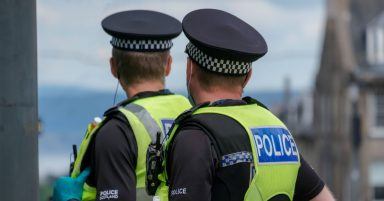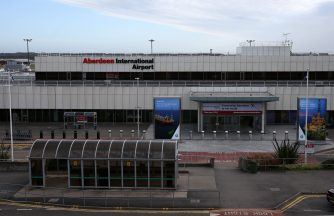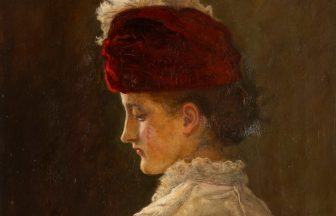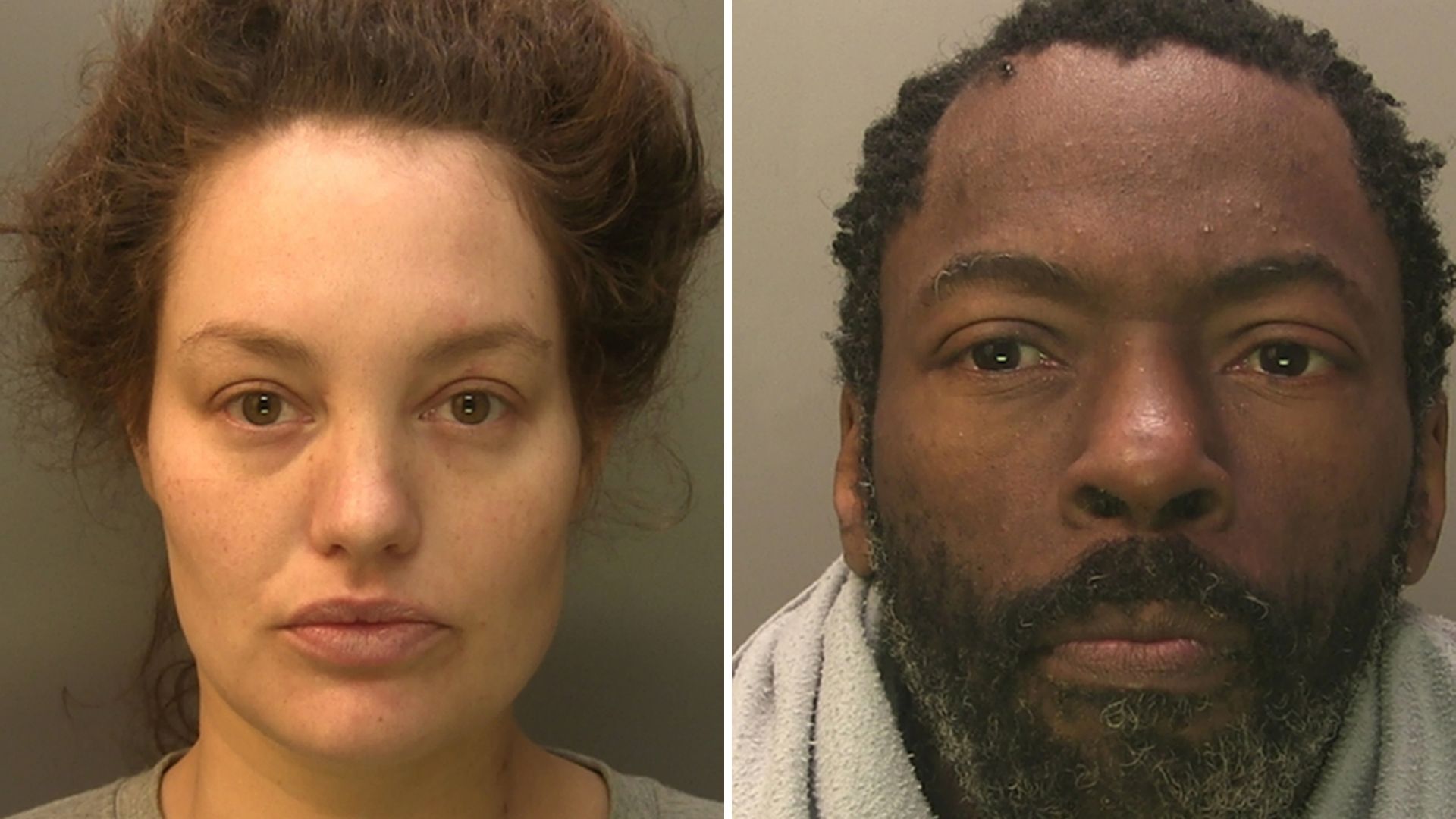Bird numbers at a popular Banff nature reserve may have dropped by 30% since last year due to avian flu.
A new avian flu task force has been established in Scotland and, in recent weeks, has been put on high alert.
RSPB Scotland is now running projects to help preserve and monitor bird numbers at the Troup Head site.
It comes amid growing concerns over the number of bird flu cases around the north east coastline in recent weeks.
Last year, the UK experienced its worst ever outbreak of avian flu. This year, the virus is not letting up in both commercial and wild bird populations.
In recent weeks, more than 3,500 dead seabirds have been collected from beaches across the north east.
The seabird population was already seeing a decline, adding to fears over their long term future.
At Troup Head Nature Reserve near Banff, more than 8,000 gannets died last year.
“It’s a very significant concern. I mean, if you go back 40 years, there would have been twice as many birds on these cliffs as there are now, even without bird flu,” explained Richard Humpidge from the RSPB.
“So if 30% of them are dying from bird flu, that’s another significant hit to the population.
“It’s going to take decades for the population to come back to what it is now and then to increase further to what it was previously.”
Over the past year, conservationists have been travelling up and down the country looking at how avian flu affects different bird populations.
Last year, the gannet population was decimated, but this year, bird flu is having an effect on gulls, kittiwakes, and guillemots.
Information gathered by conservationists like Mr Humpidge is now being analysed by both the Scottish and UK governments.
They hope their work will help shape future policy.
Mr Humpidge added: “We’ve been travelling around monitoring the different populations, looking at how many died, but also swabbing birds and taking blood samples so we can see what the virus is doing and how it’s changed and continues to change.”
Follow STV News on WhatsApp
Scan the QR code on your mobile device for all the latest news from around the country


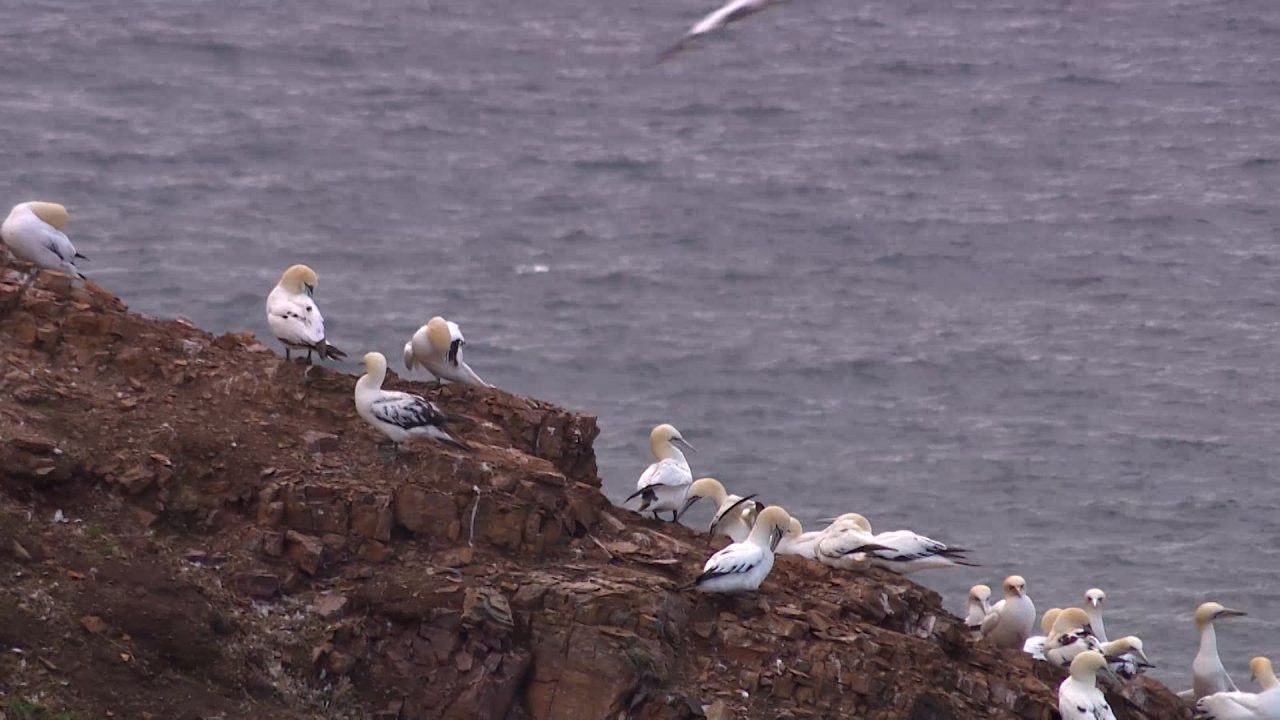 STV News
STV News
